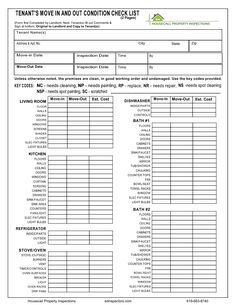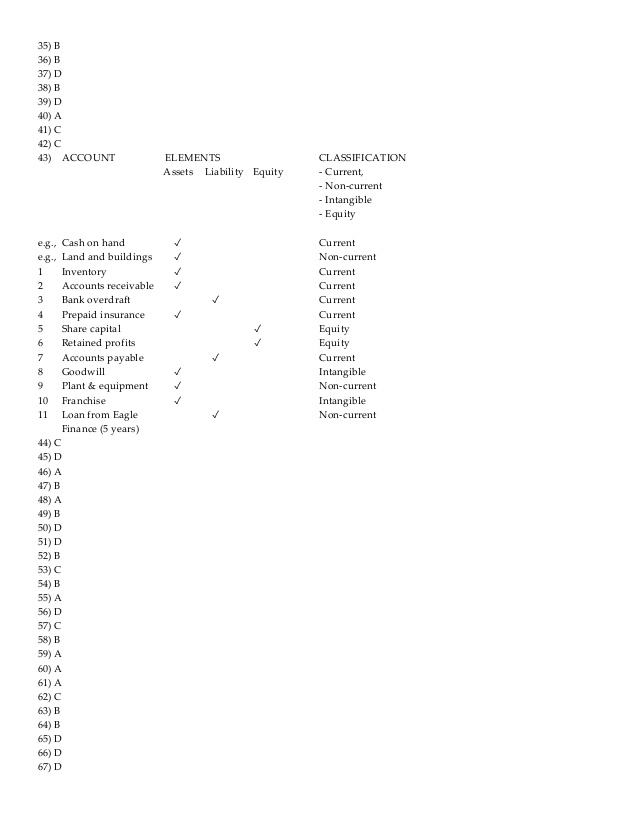
Overall, industry accounting enables businesses and stakeholders to gain a comprehensive understanding of the financial performance and position of companies within a specific industry. It provides industry-specific insights that are crucial for decision-making, strategic planning, resource allocation, risk management, and compliance. It plays a vital role in helping businesses make informed financial decisions, assess performance, comply with industry regulations, and communicate with various stakeholders. Industry accounting provides a detailed picture of the financial performance and position of companies within their specific sectors, enabling them to effectively manage resources, identify risks, and seize opportunities. Public accounting refers to a business or individual accountant who provides services for multiple clients, which can be individuals or large corporations.
Nearly 9 in 10 millennials classify professional development and career growth opportunities as very important to them. And organizations that invest in employee development report an 11% increase in profitability and are twice as likely to retain their employees. And with more accountants retiring than graduate accountants entering the profession, there’s a serious talent shortage. Over 80% of consumers expect businesses to be bookkeeping by day actively involved in combating climate change and just under 50% will shift their purchasing to more environmentally-focused companies. Foster an environment where clients can reach out and communicate with you whenever they have a question.
Trend 1: Will technology change the accountant’s role?
By following industry-specific accounting standards and practices, organizations can navigate industry complexities and provide stakeholders with a comprehensive understanding of their financial position within their industry. By following industry accounting practices, businesses can provide stakeholders with reliable and relevant financial information that reflects the economic reality of their specific industry. This information enables stakeholders to make informed decisions, assess financial performance, and evaluate the position of companies within their industry. As industries continue to evolve, industry accounting will remain integral to capturing and communicating financial information that accurately reflects the nuances and complexities of different sectors. Industry accounting professionals must stay up-to-date with these industry-specific accounting standards and ensure compliance in their financial reporting. They play a crucial role in applying these standards to capture and communicate industry-specific financial information accurately.
The types of industrial accounting
This can be a great option if you want to ensure your books are in order, and that your company’s financial information is accurate, but it does come with some drawbacks. For one thing, the cost of hiring someone like this can be a substantial burden on your business’s finances. We hope you have gained a deeper understanding of this fascinating field and its significance in financial reporting. Actual cost industrial accounting, on the other hand, is the best solution for companies that have to undergo market fluctuations and therefore need to review the cost of production on a constant, even weekly basis. This is the case, for example, for all those companies that process products in which the raw material fluctuates greatly throughout the year.
- Accountants in these industries must be well-versed in these specialized accounting standards to ensure accurate financial reporting.
- Whether it’s the healthcare, manufacturing, technology, or retail sector, each industry has its own unique set of accounting practices and challenges.
- Public accounting refers to a business or individual accountant who provides services for multiple clients, which can be individuals or large corporations.
- Soft skills, like problem solving, time management and teamwork, are what will differentiate you from machines.
Degrees
Overall, industry accounting plays a critical role in financial reporting by providing accurate, relevant, and industry-specific financial information. It helps businesses comply with industry regulations, benchmark their performance, manage risks, and communicate effectively with stakeholders. By incorporating industry-specific standards and practices into financial reporting, industry accountants ensure that financial information reflects the unique dynamics and economic realities of businesses within their respective industries. Adhering to industry-specific accounting standards ensures that financial statements accurately reflect the economic reality of businesses what is gross profit within their respective industries. It provides consistency, comparability, and transparency in financial reporting, enabling stakeholders to make informed decisions and assess the financial performance of businesses within a specific industry.
Industry accounting can be defined as the application of accounting principles and practices that are specific to a particular industry or sector. It involves the use of specialized accounting methodologies, metrics, and regulations tailored to meet the unique needs and characteristics of businesses operating within that industry. Practice accountants are employed by a firm or public practice to deal with the finances of external companies and individuals. As a practice accountant, you will review the accounting practices of an individual or corporation to verify their compliance with reporting standards and the law. There is also no reason you have to choose the public or private path for the entirety of your career. It’s very common for accountants to pursue a job in public accounting at the outset, then transition into private accounting.

In the case where this calculation is not done in a constant and periodic way, one could have untrue margin values, which could lead the company to make unprofitable, if not even counterproductive, choices. In any case, in general, almost all companies, in order to have more accurate and detailed information, opt for both solutions, making a standard cost calculation at least once a year and a final cost calculation monthly. An accountant employed by a large FMCG business, for example, will collect and assess current and past financial data from their company and use their analysis to forecast costs, profits and budgets for the future. In accounting, you’ll come across certain titles which appear to bear similar duties but actually have unique job descriptions. In this section, we’ll briefly review the roles of accountants vs. CPAs and tax professionals.
Public Accounting Careers and Salary Expectations
According to EMSI, the median advertised salary for CPAs is $90,000 across all accounting functions. Median salaries for CPAs are highly influenced by years of experience in the industry. Salaries may also be accounting for unearned rent impacted by the specialization a public accountant chooses. Let’s dive into what defines public vs. private accounting and the pros and cons of choosing to work in either sector.
For example, the balance sheet reports assets and liabilities while the income statement reports revenues and expenses. Financial accounting is governed by accounting rules and regulations such as U.S. GAAP (Generally Accepted Accounting Principles) and IFRS (International Financial Reporting Standards). Each industry has its own set of accounting requirements and considerations due to the unique nature of its operations, revenue recognition patterns, cost structures, and regulatory frameworks. Industry accounting takes into account these industry-specific factors to provide accurate and meaningful financial information to stakeholders. Many of these job opportunities fall within two career paths—public accounting and private accounting.

Pas encore de commentaire
Vous pouvez être le premier à poster un commentaire.